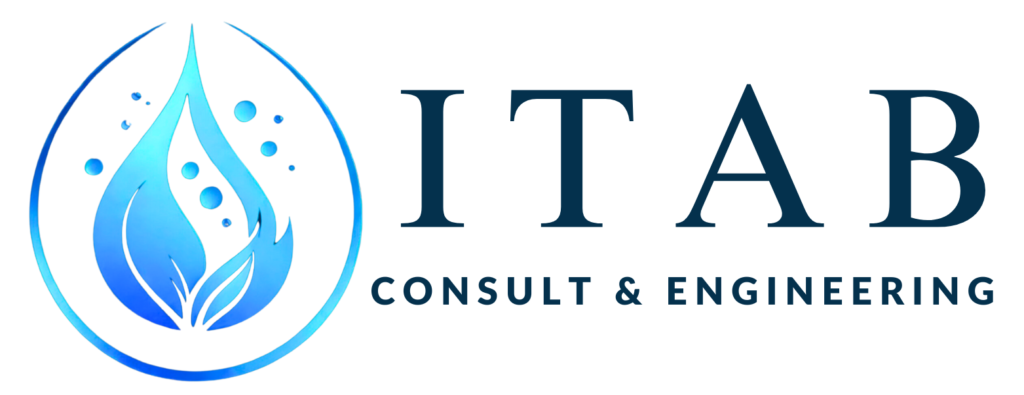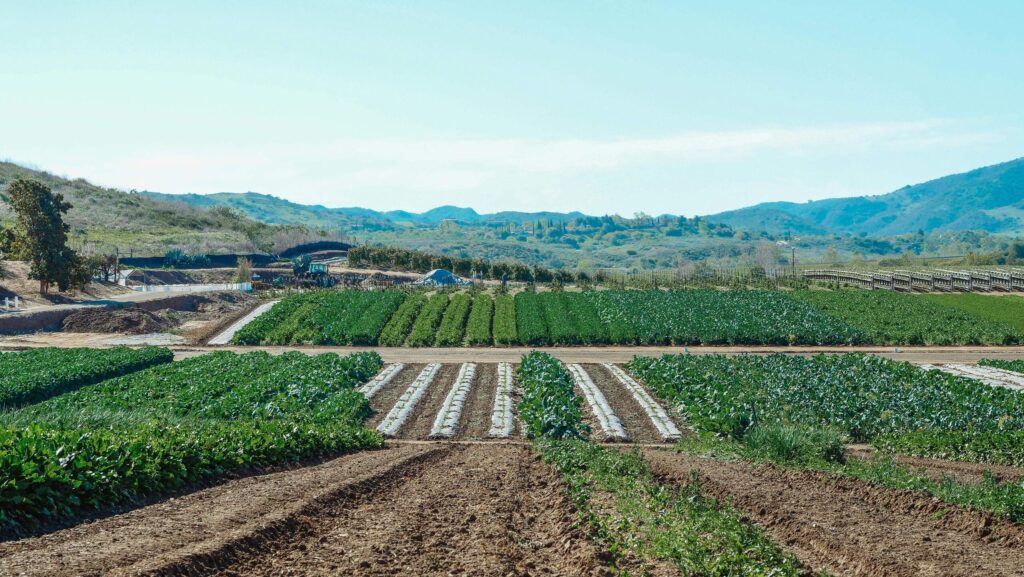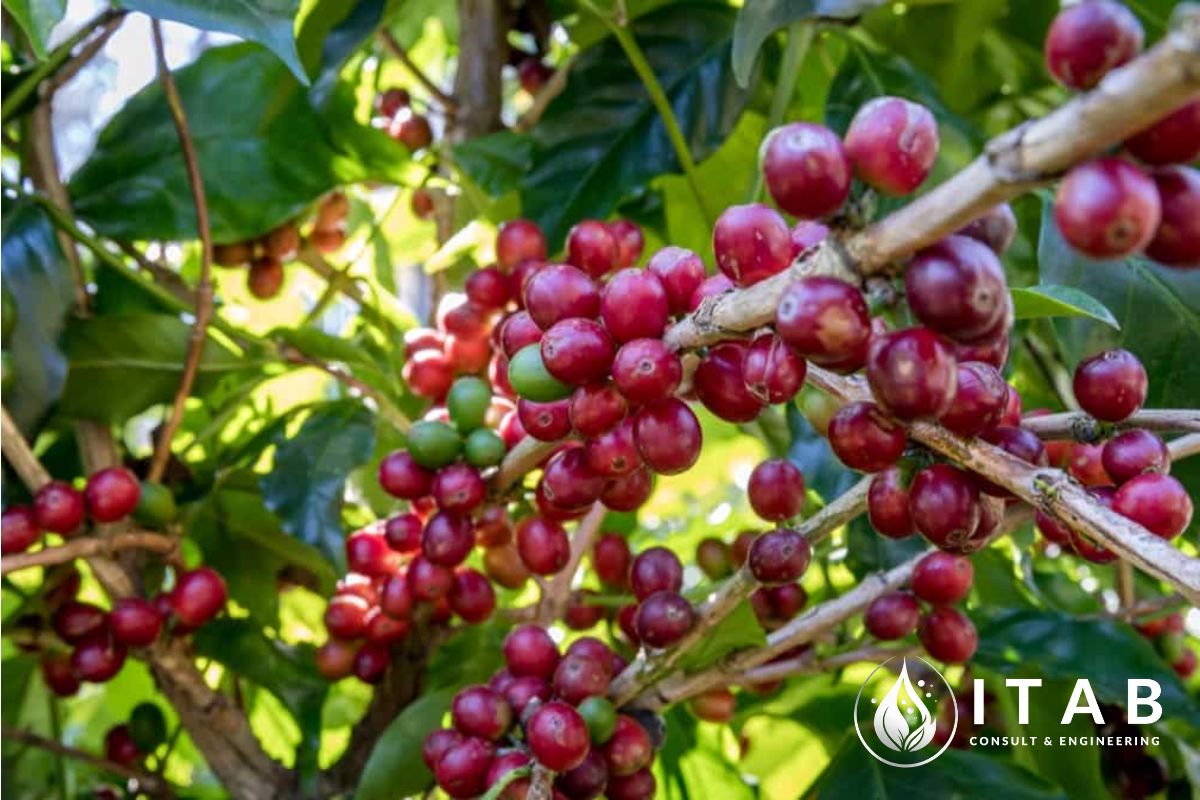Agriculture is the backbone of Africa’s economy, employing nearly 60% of the population. However, reliance on rain-fed farming has led to challenges such as low productivity, food insecurity, and vulnerability to climate change. Sustainable irrigation systems offer a way to improve yields, enhance food security, and support economic growth.
The Importance of Irrigation in Africa
- Climate Resilience: Reduces dependence on unpredictable rainfall and helps farmers cope with droughts.
- Increased Productivity: Proper irrigation can boost crop yields by 2-3 times compared to rain-fed farming.
- Efficient Water Use: Modern irrigation systems minimize water wastage and maximize efficiency.
Types of Sustainable Irrigation Systems
- Drip Irrigation – Delivers water directly to plant roots, reducing waste and improving efficiency.
- Sprinkler Irrigation – Simulates natural rainfall, ideal for large farms.
- Center Pivot Systems – Rotating sprinklers that provide even water distribution over large areas.
- Smart Irrigation Technologies – AI-driven systems that optimize water use based on weather data.
Challenges and Solutions in Irrigation Adoption
- High Initial Costs: Governments and private organizations should provide subsidies and financing options.
- Water Resource Management: Investing in water conservation methods such as rainwater harvesting.
- Technical Knowledge: Training programs to educate farmers on proper irrigation techniques.
Conclusion
Sustainable irrigation is crucial for Africa’s agricultural future. By adopting modern irrigation technologies, Africa can achieve food security, economic stability, and climate resilience.





